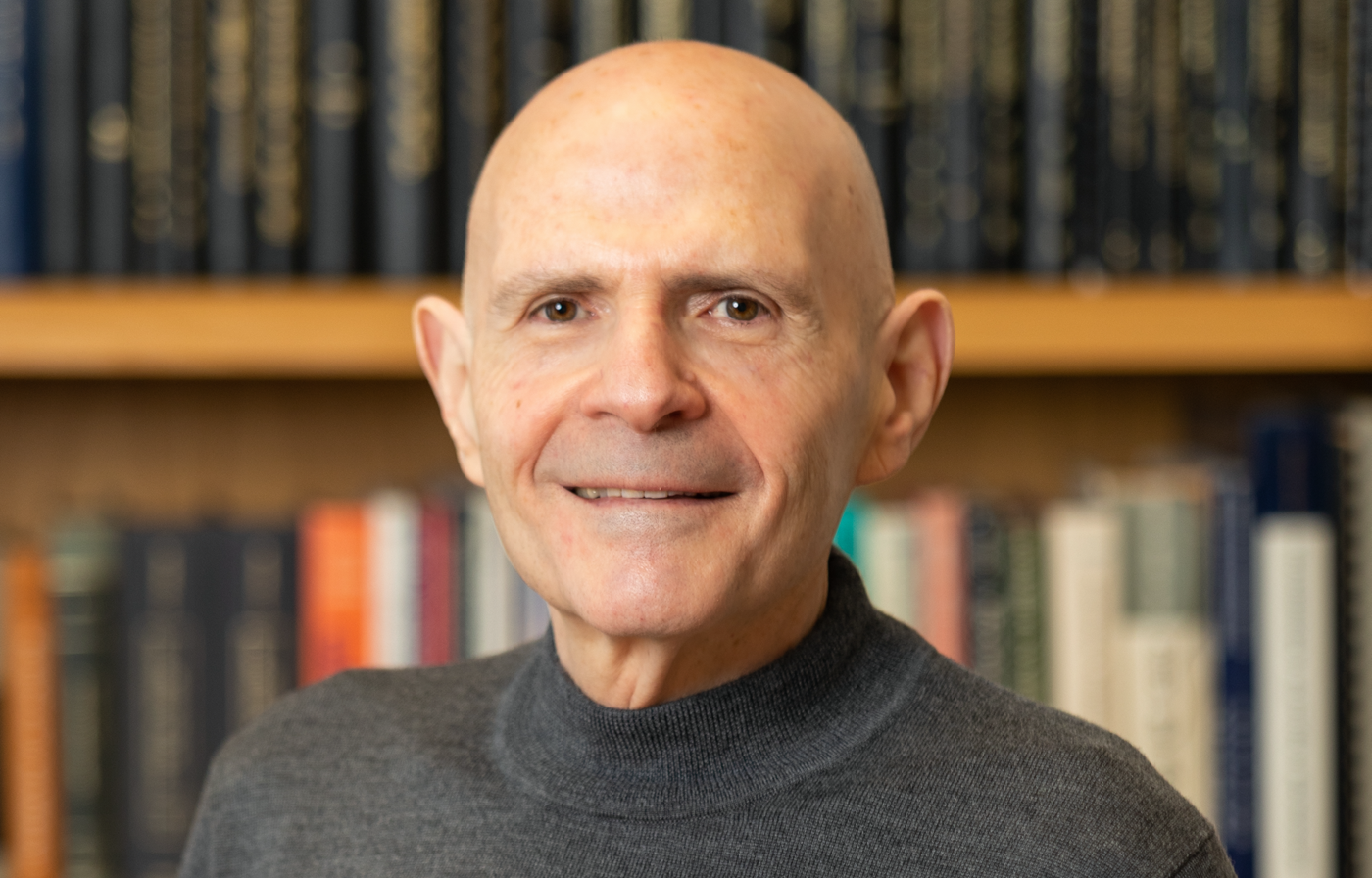Nearly 300,000 people are living with spinal cord injuries in the United States. Currently, recovery or effective treatment remains elusive. Researchers haven’t yet figured out a reliable way to knit back together severed spinal cords or nerves.
Now, a new study in mice shows promising potential to prevent paralysis after injury. Researchers gave paralyzed mice a specially formulated injection that uses a novel technique called “dancing molecules.” And after a month, the mice were walking again.
Joining Ira to better understand this new development in spinal cord treatment is Samuel Stupp, professor of materials science, chemistry, biomedical engineering and medicine, and director of the Simpson Querrey Institute for BioNanotechnology at Northwestern University in Chicago, Illinois.








No comments:
Post a Comment